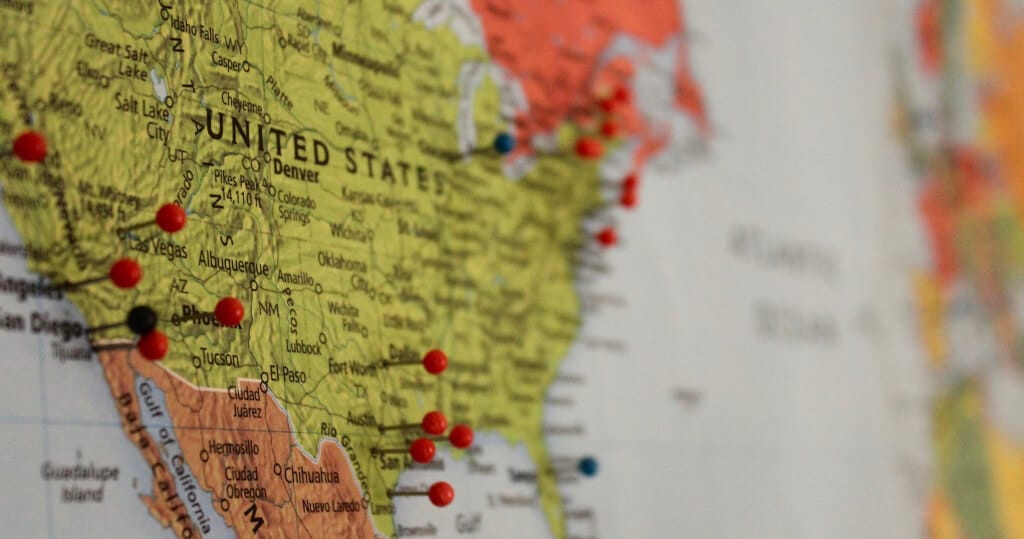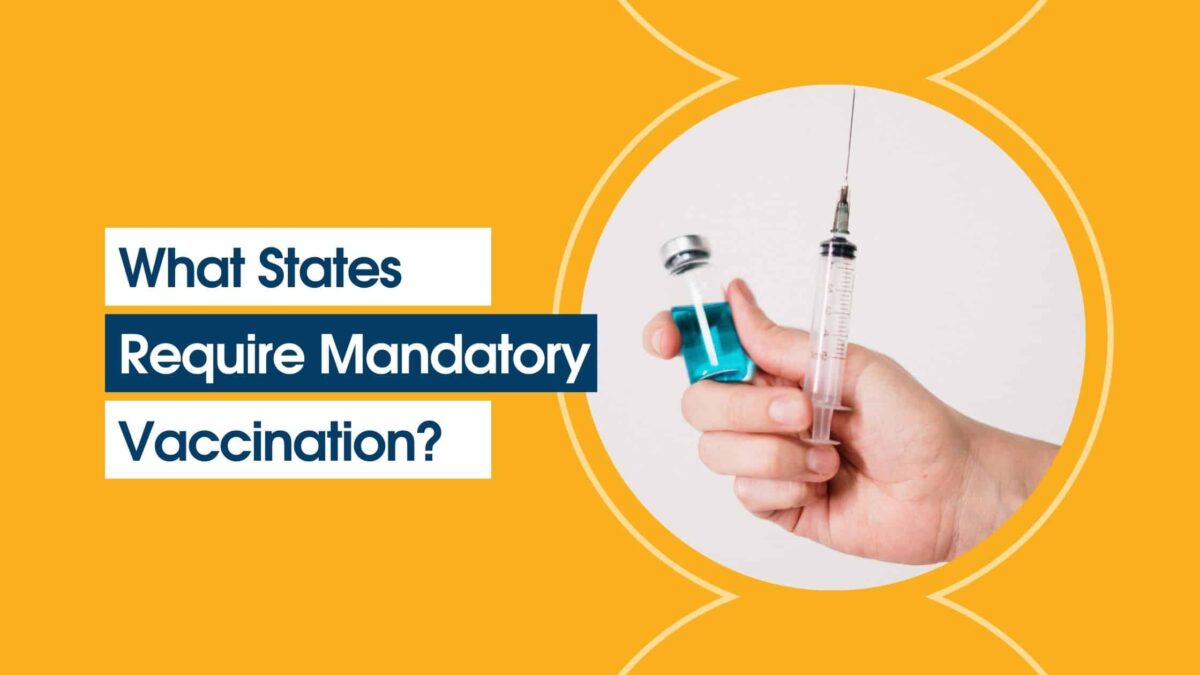Table of Contents
ToggleThe Calm Before the Storm
In the pre-COVID-19 era, most Americans barely thought twice about the prospect of mandatory vaccination for their kids to enroll in school. It was simply what most of us did with the understanding that plagues and pandemics were a thing of the past.
The only anti-vaccination rhetoric came from small factions whose concerns were largely disregarded.
Fast forward to the year 2020, and we had a country divided. You were either an “anti-vaxxer” or one of the “sheeple,” depending on where your beliefs lay.
The Fog of Information War
The average American was left to untangle the web of information coming from Washington D.C. and the governing body of all things disease-related, the CDC (Centers for Disease Control and Prevention).

The fallout from the distrust sown by political mouthpieces with underhanded agendas has been catastrophic as we begin to see diseases long contained re-appearing around the globe.
We have recently seen breakouts of rubella, polio, diphtheria, and pertussis (whooping cough) on the rise, particularly in low socio-economic areas in the United States and abroad.
The re-emergence of deadly diseases has stoked the fire between the government, citizens, and the medical community.
The States Diverge
At this time, all 50 states have mandatory vaccinations in place for students, but there are differences and exceptions for various religious, medical, and ideological reasons.

Today, a comparison between vaccination rates among the states is extremely divergent, with numbers as low as 17% to as high as 78%.
Generally, the states will use the CDC’s guidelines for child vaccination laws, but pressure from parents and lawmakers can also play a large role in how lenient or stringent legislation is passed.
Currently, 44 states, as well as the District of Columbia, provide for a religious exemption, which allows people to apply for a waiver stating that the vaccine requirement violates their beliefs.
One very common objection people have is the use of fetal cells in the development stage of certain vaccines directly opposes their moral and religious affiliation.

Only 15 of the states allow for philosophical exemptions, which can be a Pandora’s Box of sorts.
Most restrictive and lenient states
The states with the most restrictive vaccination laws (no exemptions for mandatory childhood vaccinations) are Connecticut, New York, Mississippi, California, and West Virginia.
The vaccination requirement landscape is changing as time progresses, and people become more influenced by social media and politics. The most lenient states with the most exceptions are Colorado, Ohio, Louisiana, Montana, and West Virginia.

One tool in the repertoire of pediatricians is called the “Dahl Strategy,” a highly controversial and studied method aimed at “on the fence” parents who simply do not feel they have enough information to make the right decision for their families.
Parents staunchly against vaccinations rarely change their minds, so the scientific community looks for ways to influence the former group.
A Surprising Advocate
The tragic story of beloved children’s author, Roald Dhal, is used with his consent and insistence. In 1962 the young father was sitting on his child’s bed after a bout with measles, teaching her how to make stick people out of pipe cleaners.
He noticed his daughter was having fine motor difficulty she had never had before. When he asked if she was feeling alright, she stated she was very sleepy, and he didn’t think much of it, chalking it up to her recovery from the illness.

One hour after that conversation, she was unconscious, and sadly, 12 hours later, she passed away. The experience has driven him to become one of the loudest advocates for immunizing children.
Many say he has saved the lives of countless children by advocating for vaccines, yet some say that planting a seed of fear in parents is not the way to win over already uneasy parents concerned about child care.
The convolution surrounding the COVID 19 vaccine is a whole new ballgame for clinicians. Never has the United States been so divided by a vaccine mandate.
At present, only California and the District of Columbia have mandatory COVID 19 vaccination requirement for children entering grades K – 12. Some states only have them for sports participation, and some for specific age groups.
The Information Inundation
Research the term “vaccine mandates” on the internet, and you will be inundated with information from each side of the debate and legal jargon from new legislation that’s indecipherable to the average person.

It would be impossible to outline each vaccine mandate state by state in this short article, as there are pages and pages of proposals, bills, mandates, and laws concerning public health and disease control.
Generally speaking, the best and most unbiased information will have a .gov internet address and will be a trustworthy source. The least trustworthy information will come from individuals or groups with no scientific training or education.

Get Smarter on US News, History, and the Constitution
Join the thousands of fellow patriots who rely on our 5-minute newsletter to stay informed on the key events and trends that shaped our nation's past and continue to shape its present.
Scientists are highly trained individuals educated in variables, offering peer-reviewed information on recommended vaccines that have been vetted.
With all the differences between the 50 states regarding health care and immunization requirements, one thing is clear, modern Americans want to know the good, the bad, and the ugly regarding medical research and side effects from what they are injecting into their bodies, and no one should question that.
Disinformation
Most crucial to the physicians and caregivers around the country are the disinformation campaigns by lawmakers who should be advocating for the health and well-being of their constituents instead of pumping dangerous propaganda through the media pipeline.

Vaccinations have been proven effective since the colonies were founded by the British when a Massachusetts physician discovered that a small injection of smallpox could stave off the full effects of the disease, most with little to no side effects.
Interestingly, that became the first mandated vaccine in the interests of public health in the country, saving countless lives.










